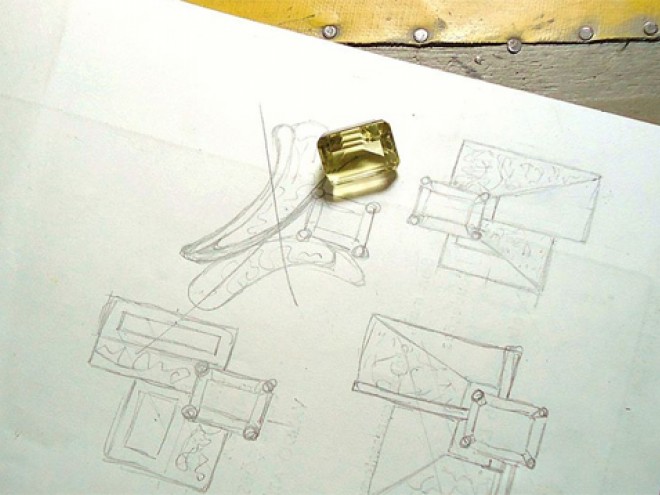Beth Kissileff is the editor of Reading Genesis: Beginnings, a collection of essays on the Hebrew Bible by experts in range of non-rabbinic fields. Beth is blogging here all week as part of the Visiting Scribe series on The Prosen People.
In summer 2007, I went to the Chautauqua Institution, an education center with lectures themed by week, and heard Dr. Ruth Westheimer give a lecture on human sexuality rife with references to Judaism and her Jewish upbringing. She spoke on a Friday, announcing to the crowd that she would be at the Shabbat service by the lake that night. Guess what? That evening’s Sabbath worship attendance broke records as many flocked to see the esteemed doctor.
Could that warmth and enthusiasm for a subject so easily conveyed by Dr. Ruth be transmitted in other ways? It occurred to me as my friend Ron, a political scientist, and I discussed the talk he gave over Rosh Hashanah at his synagogue. After delivering what I call a “Parsha report” on the story of the Binding of Isaac, listing familiar exegeses on each verse, he veered into new territory: a personal counter-theory, based on his political science methodology, that Abraham actually resisted God’s command using the weapons of the weak — since mortals are, after all, weaker than the Divine. When Ron told me that this idea was one twelfth of his book on Genesis, I paused. Wait, I thought, this could be my book!
What if I asked Jewish academics to say something about Genesis backed up by their professional knowledge? I had just learned something about political science and its methodology from Ron, and of course about both the Bible and human sexuality from Dr. Ruth. There must be more people out there to learn from.
So I reached out to everyone I could think of, soliciting suggestions, responding to leads about who might be interested. The Hebrew Bible, I pitched, has all the elements of a human story: family dysfunction, sex, violence, love, hate, anger, jealousy, a dollop of poetry, some profound moral instruction, and even a chance to catch a break one day in seven — surely all the drama and excitement of any modern storyline or reality TV show can be found in Scripture!
“Would you give your child a book whose heroes cheat, lie, steal, murder — and get away with it?” Alan Dershowitz opens his contribution to the project that became Reading Genesis: Beginnings. “Chances are you have. The book, of course, is Genesis.”
Dershowitz is one of many insightful contributors to the collection. Novelist Dara Horn writes of the “possibilities that time gives us to alter our lives” because “Jacob demonstrates that one can be confronted with the same situation twice and respond, the second time, as a different person.” Food writer Joan Nathan tells readers of eating in ancient Israel, sharing some of the realities behind the porridge Jacob served to Esau and bread in antiquity. Lesser-known names contributed equally astute perspectives on the Bible’s earliest stories: a psychologist who studies facial recognition writes about why Joseph’s brothers can’t recognize him; an ethicist writes on imperfect forgiveness and a historian on why the Cain and Abel  story models so much about the most intense conflicts being those within a family; a poet writes on the face of the other and the relationship between Sarah and Hagar.
story models so much about the most intense conflicts being those within a family; a poet writes on the face of the other and the relationship between Sarah and Hagar.
And as for Dr. Ruth? “Maybe I didn’t hear the words ‘penis’ and ‘vagina’ when I was growing up, but come to think of it, I did hear a lot of prayers for shalom bayit (peace in the home). These concepts allow us to teach men and women that peace in the home is inseparable from good sex,” she writes of Genesis 2:18: “It is not good for Man to be alone.”
You may be surprised at how fascinating the Bible can be and what you can learn from modern writers on the ancient text.
Beth Kissileff is an author and journalist, and frequent reviewer for the Jewish Book Council.
Related Content:
Beth Kissileff is in the process of fundraising and writing grants to develop a program to assist rabbis of all denominations with writing and publishing books. Kissileff is a rabbinic spouse and author of the novel Questioning Return as well as editor of the anthology Reading Genesis: Beginings.




